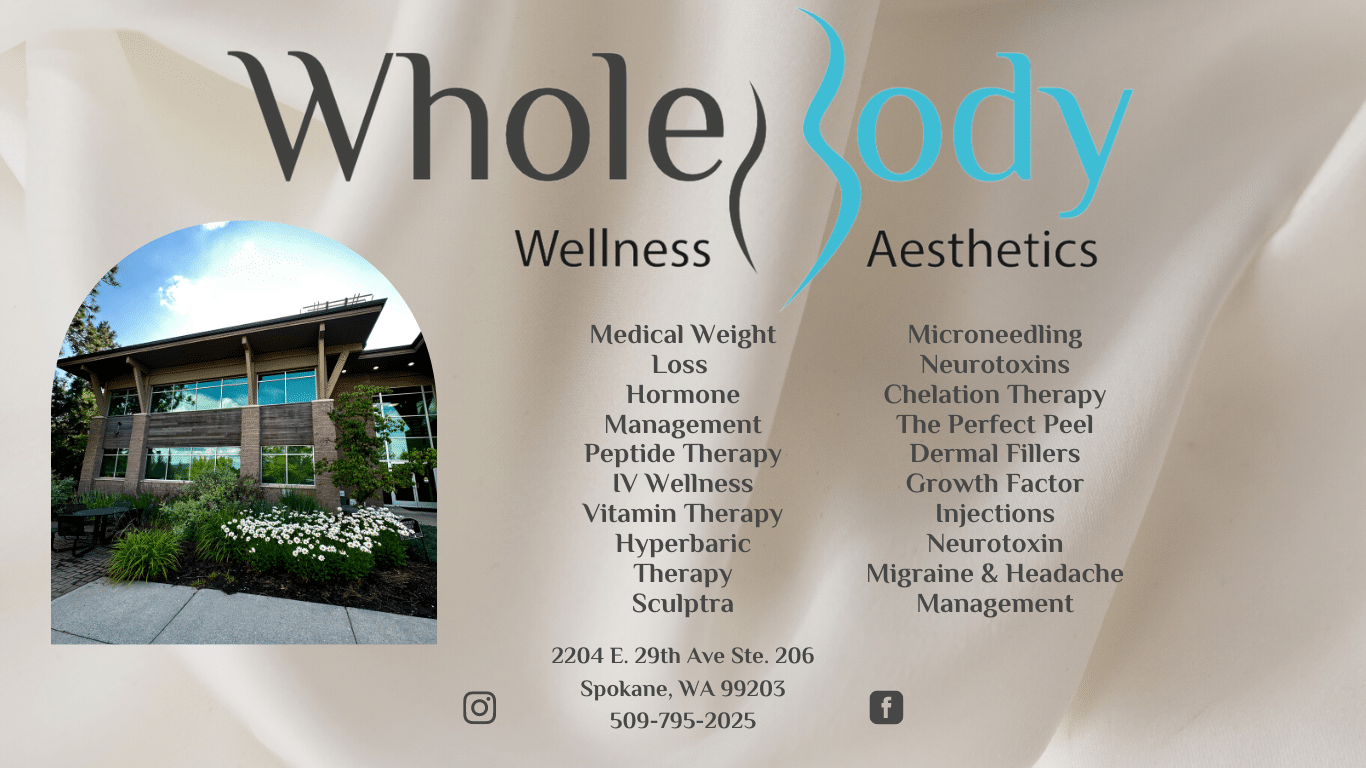Unraveling the Vitamin Connection: How Nutrients Affect Your Mental Well-being
Do you find yourself feeling depressed and unmotivated, unable to get out of bed?
Having trouble falling asleep at night and waking up on time?
I have struggled with this since my early teenage years.
Studies have shown that early risers are more productive and tend to feel happier overall. But why is that? (I’ll give you a hint, it has something to do with sunshine.)
Depression exhaustion can feel like an endless and vicious cycle that, at least for me, looked something like this:
- Stay up late
- Get only a couple hours of sleep
- Feel groggy throughout the day
- Eat poorly
- Repeat
I would be on autopilot, trying to get through my daily routine tasks. Not including all the other things life throws at us to stress us out.
When you are in a cycle like the one I was in, you grow more tired each day, making you less likely to socialize or make good decisions regarding meals.
It got to the point that by the time the weekend came, I would find myself crashing, sleeping in late, and taking multiple naps because it became hard to get through the day without sleeping.
Once our bodies start operating a certain way, it becomes our norm, and sometimes we do not realize the kind of toll it is taking on us.
Pretty soon, you’re not exercising, not eating properly, getting too much or too little sleep, and life feels completely different than what it is supposed to.
Depression and anxiety can become the driver in your life with you in the passenger seat.
How to Become the Driver of Your Life Again
It could be an underlying psychological condition that may be causing this dysfunction in your life.
But a psychological condition is not the only factor that may be there, and you may not actually have a diagnosable mental illness at all.
You may just be lacking key vitamins that impact your overall health, energy levels, mood, memory, and over-all well-being.
If you want to know if the issue is caused by something other than mental illness, I would highly recommend seeing your primary care doctor first, if possible, about testing for nutrient deficiencies.
The way we eat, sleep, and overall lifestyles today are highly conducive to causing us to lack these important vitamins.
You also, more than likely, are not exercising enough, which helps move the nutrients to the necessary places in our body.
But who can blame you? I also do not want to exercise when I am exhausted and feeling blah!
It is easy to become nutrient deficient.
But, more importantly, it can be easy to get our bodies back where they need to be as well!
Let’s talk about some of the most common things many people lack, and how they might apply to you and your symptoms.

From Exhaustion to Empowerment: How Nutrient Deficiency Impacts Your Mood
Vitamin D
I want to mention Vitamin D first because, living up here in the Pacific Northwest, many of us become vitamin D deficient.
Although the rain, snow, and gloomy days can be beautiful, it also means we don’t see as much sunlight as people in other areas.
This can leave us vulnerable to not getting what we need from the sun and contributing to higher rates of insomnia, depression, and anxiety.
Symptoms of low vitamin D include:
- fatigue
- lower back pain
- frequently getting sick (lower immunity)
- general sadness or low mood
- muscle pain, skin issues (collagen levels and production is affected)
- slower to heal
- hair loss
Can you see how this might mask or even cause some depression or anxiety or at least the symptoms?
One way to increase your vitamin D levels is to get outside and get sunlight when possible.
For people with darker skin, you need to spend more time in the sun to absorb vitamin D, because melanin is an inhibitor of vitamin D absorption.
Another way is to eat fatty fish and seafood. Yum!
Besides being delicious, eating certain types of seafood can also help raise your vitamin D levels because this food is one of the richest sources of it.
For our vegetarian, vegan, and plant-based friends: mushrooms are the only vegetated source of vitamin D. Mushrooms, like humans, can produce their own source of vitamin D from the sun!
Egg yolks and fortified foods such as milk (even non-dairy alternatives), yogurt, and orange juice can help as well.

Magnesium
Low magnesium is often linked with high cortisol levels.
Cortisol is a hormone that peaks during the daytime and helps us cope with stress. It is also associated with low melatonin levels. (Melatonin is responsible for helping you sleep).
Do you see where I am going with this?
Of course, you can’t sleep, your melatonin levels are low! Of course, you are stressed, your cortisol levels are high!
Some people opt to take melatonin supplements, which can be helpful in the short-term, but in the long run, may cause lasting damage to our ability to produce melatonin naturally.
So, it may be more helpful to fix the things in our body that are responsible for producing melatonin in the first place.
Some other symptoms of low magnesium levels are:
- muscle cramps
- snoring
- depression
- nausea
- vomiting
- low appetite
- weakness
- fatigue (especially during the daytime)
Extremely low levels can even contribute to changes in your personality!
So, you think you have a magnesium deficiency, but you can’t get to the doctor soon enough?
Increasing your consumption of oats, nuts, whole grains, legumes, soy milk, tofu, and spinach will help you increase your magnesium levels.
Zinc
Finally, let’s talk about zinc.
Zinc is a micronutrient that can affect your mood, and it is common for people who experience depression to have low levels of zinc.
Zinc is an anti-inflammatory substance, and inflammation can greatly increase depression levels.
Studies have shown that people who take SSRI’s (antidepressants) do better and have shown improvements in many areas with a small dose of zinc as well.
Some symptoms of this deficiency are:
- irritability
- acne
- loss of taste/smell
- slow wound healing
- arthritis
- stretch marks
- white spots on nails
- poor hair/nail growth
- high blood pressure
- hearing loss
Zinc deficiency can even affect testosterone and estrogen production, leading to many other hormonal issues.
Zinc deficiency is more common among people who do not consume animal products because humans absorb zinc better through those products.
People who primarily consume plants also eat more whole grains and more beans. In large amounts, these foods contain something called phytates that can hinder our ability to absorb zinc.
Alcohol use disorder, diabetes, kidney, and liver problems also increase the risk of developing a zinc deficiency.
Our diet is the primary way to change a zinc deficiency. Eating things like meat, shellfish, seeds, breakfast cereal, dairy, eggs, and (for those of us with a sweet tooth) even dark chocolate!
How Can You Tell You Are Lacking Nutrients?
There are many other vitamins and nutrients you need, and it is important to talk with a healthcare professional about what you might be lacking.
When we discussed magnesium deficiency, I mentioned that eating more whole grains and legumes can be important, but if you are deficient in zinc, this may worsen the issue.
This is why it is so important to see a doctor and get the proper feedback on what you are deficient in.
This is also an important step in your health journey to rule out other possibilities, as many different issues can present themselves the same way. You can also take vitamin supplements for each of the ones I mentioned.
I personally have a hard time taking SSRI’s. Learning about physiology and how my diet and habits affect my mental health has been an amazing tool!
This helps me feel a little more in control because mental health problems can make you feel OUT of control.
The world becomes scarier when you feel you cannot even care for yourself, let alone anything else.
Small changes to your diet can start to impact your sleep schedule, which can increase the time you spend outside and with people you care about. You CAN get out of the cycle of depression and despair.
Where to Find Vitamin Supplements in the Northwest
If you have been told that you are deficient in any of these vitamins or nutrients, here are some places you can find supplements for them:
Mothers Cupboard Nutrition is a local family-owned nutrition shop with four locations:
- 1233 N. Liberty Lake Rd suite 108 Libety Lake, Wa 99019
- 3001 E 29th Ave. Spokane WA 99223
- 9984 N. Newport Highway Spokane, WA 99218
- 109 N. University Rd. Spokane Valley, WA 99206
Or you can visit their shop online.
You can also find these supplements at big retailers like Walmart, Walgreens, CVS, and Target.
April Gilbreath
April Gilbreath has a degree in integrated community services (social work) and is returning in the fall for a second degree to pursue her Bachelor’s in Integrated Community Services. She has researched mental health for personal edification and has been to therapy and would love to share what she has learned with others.








